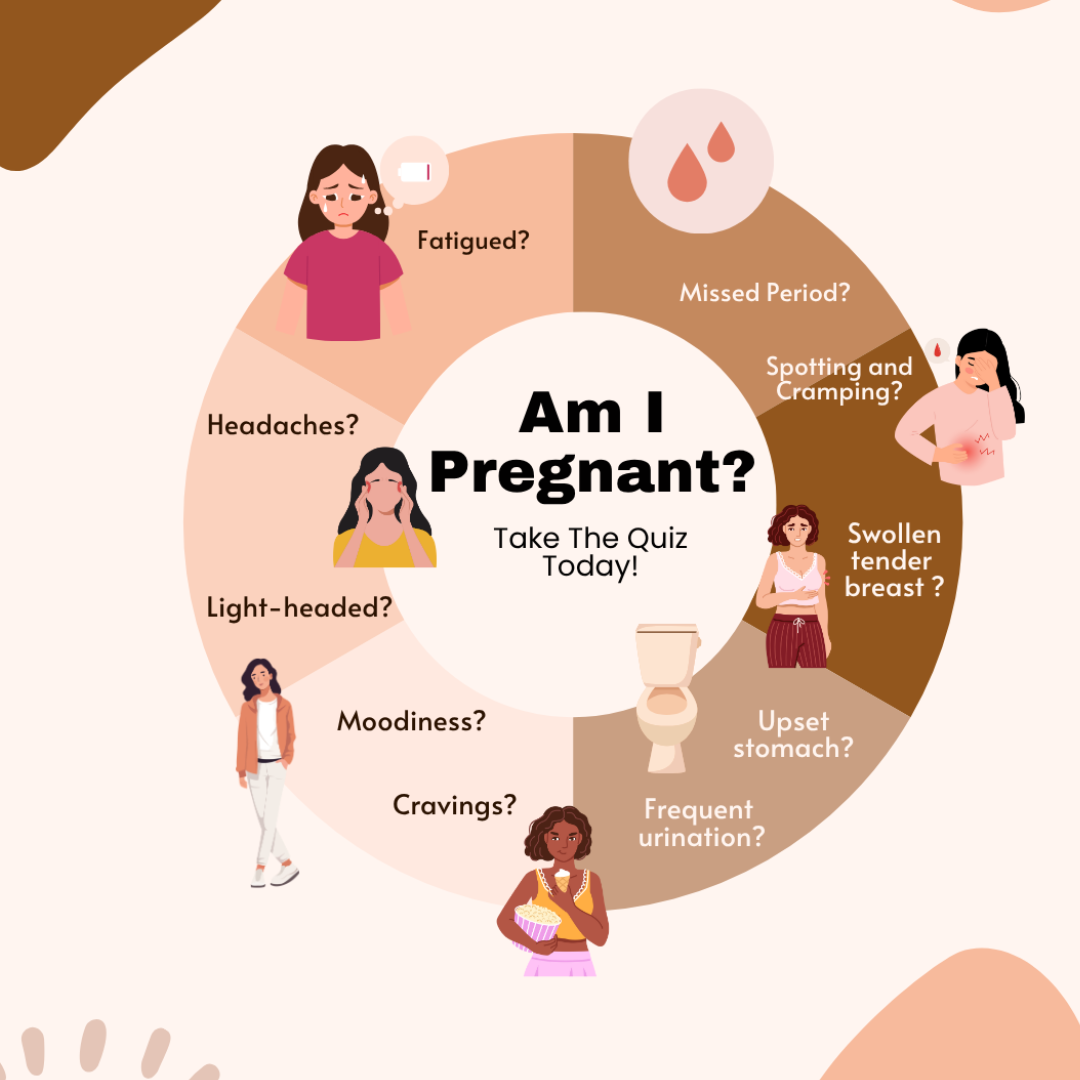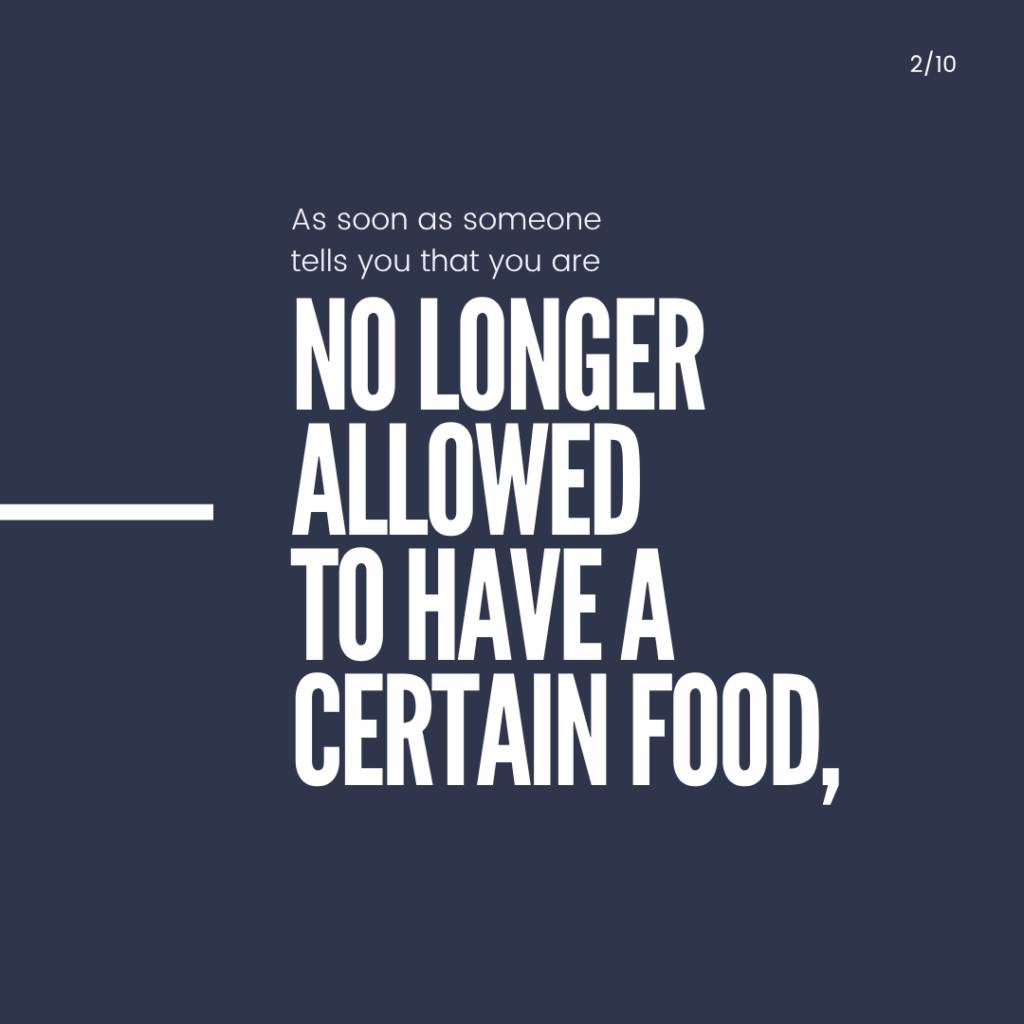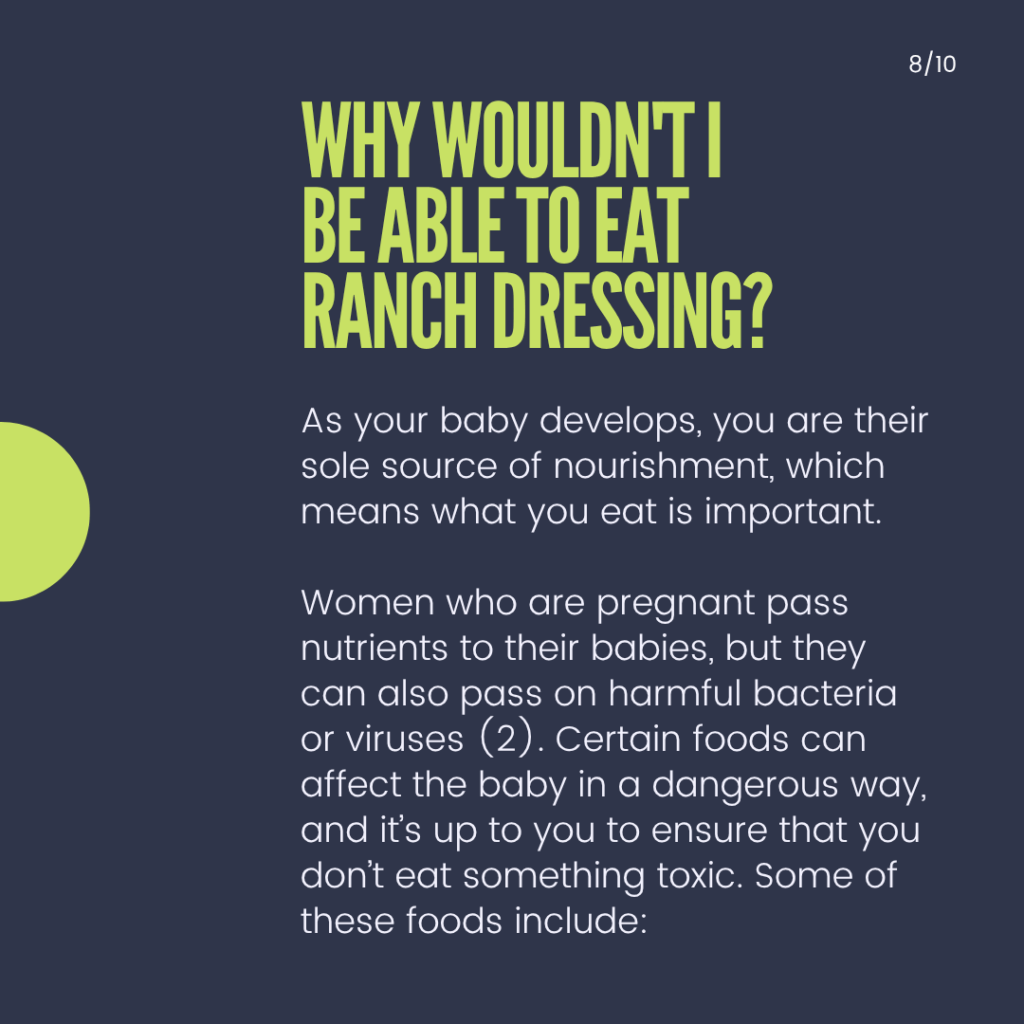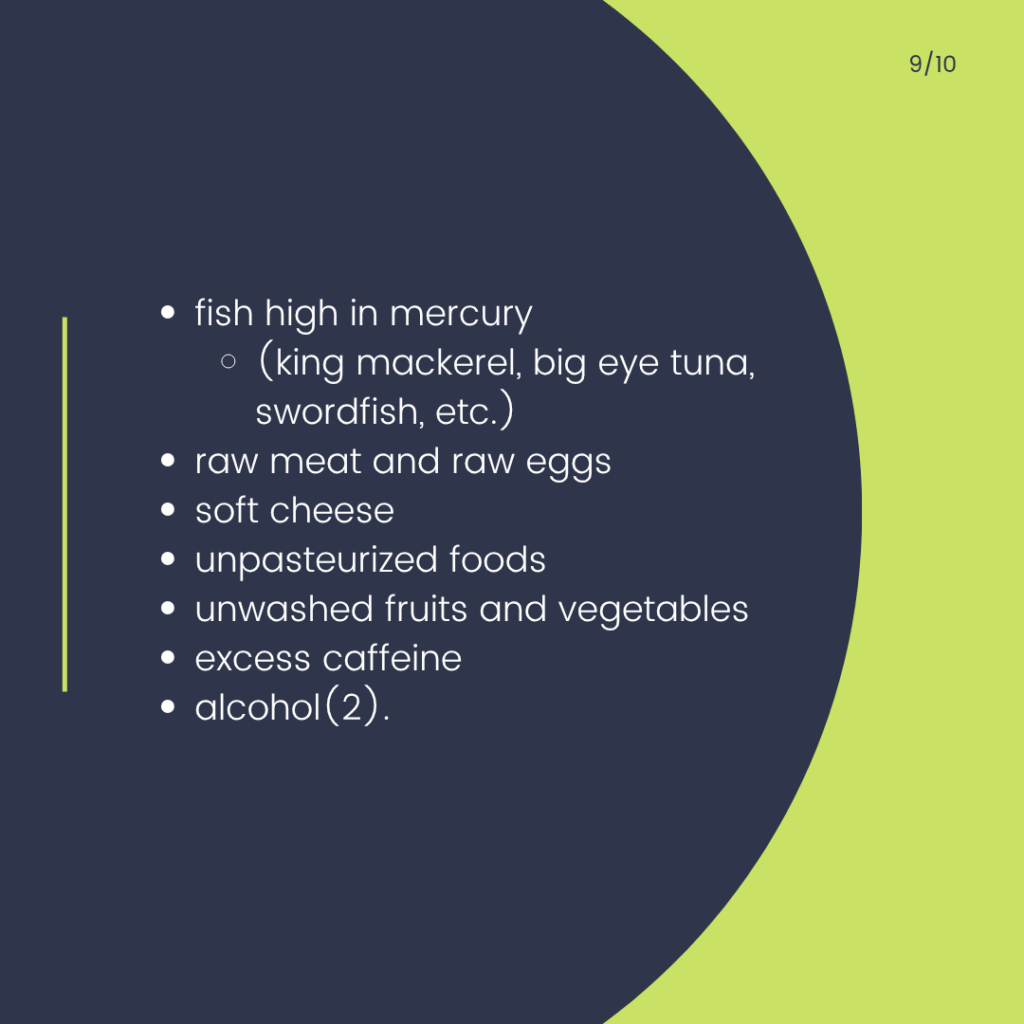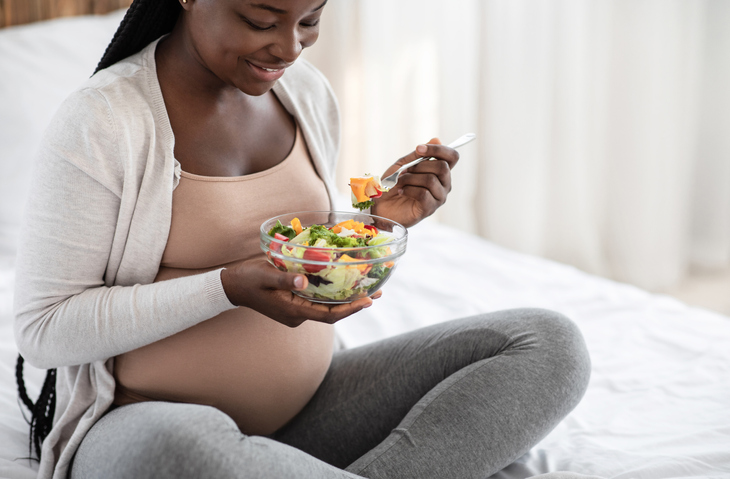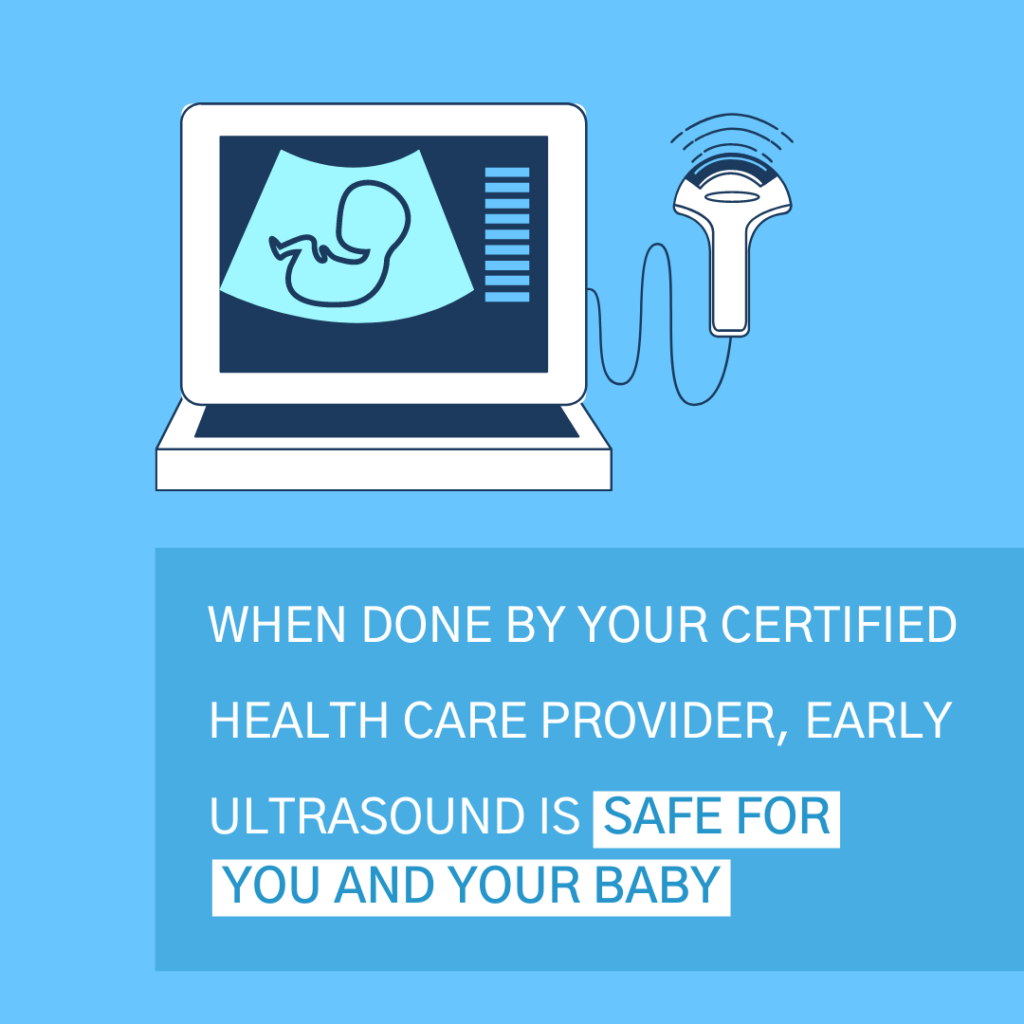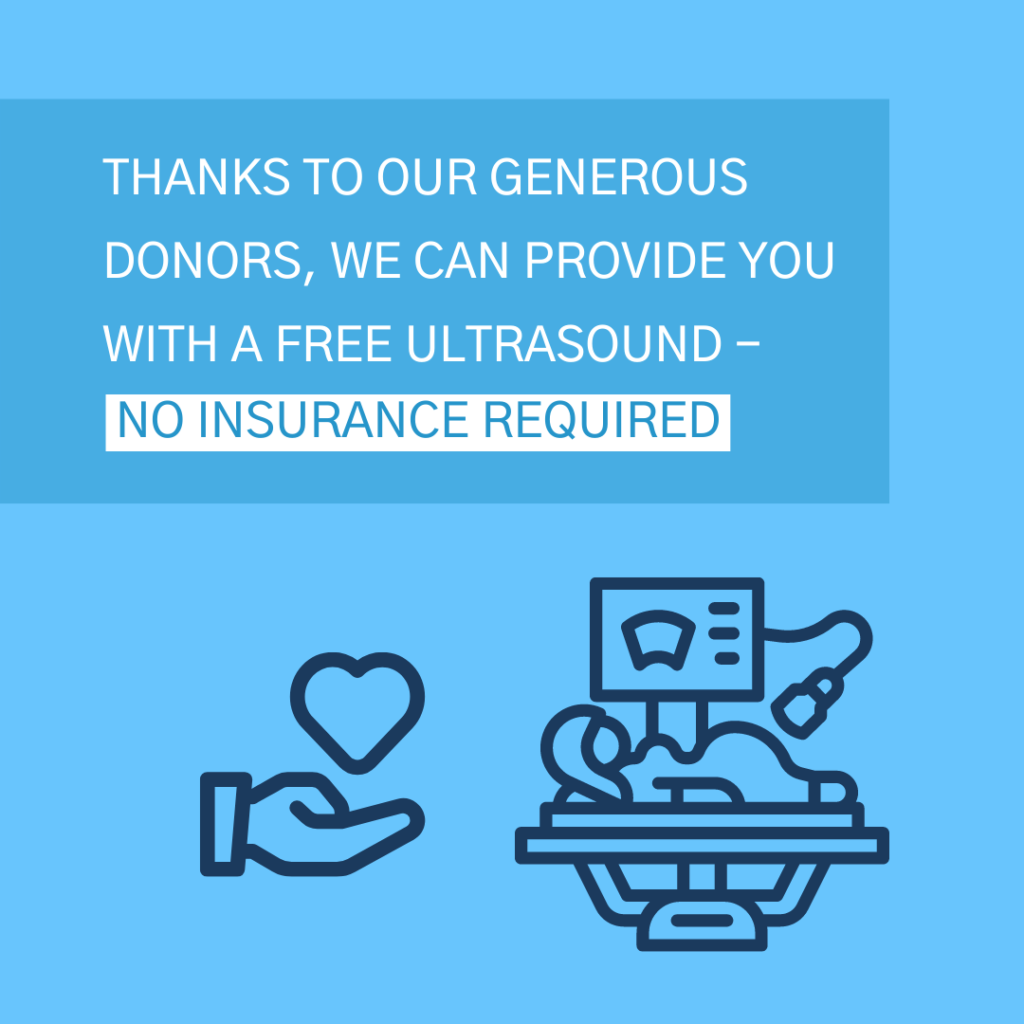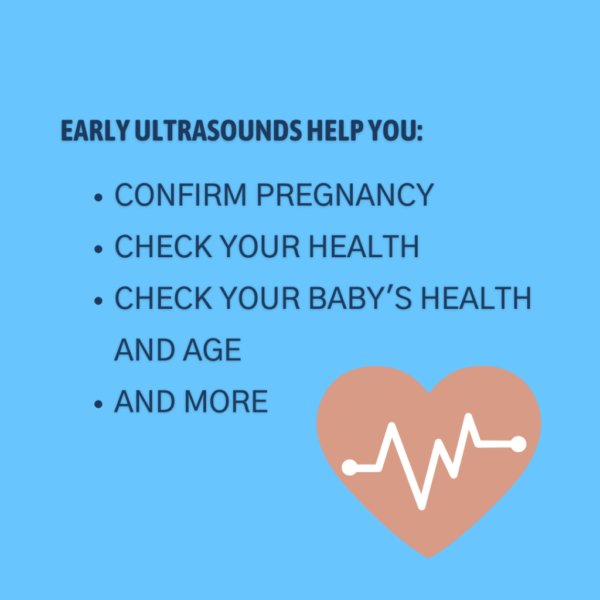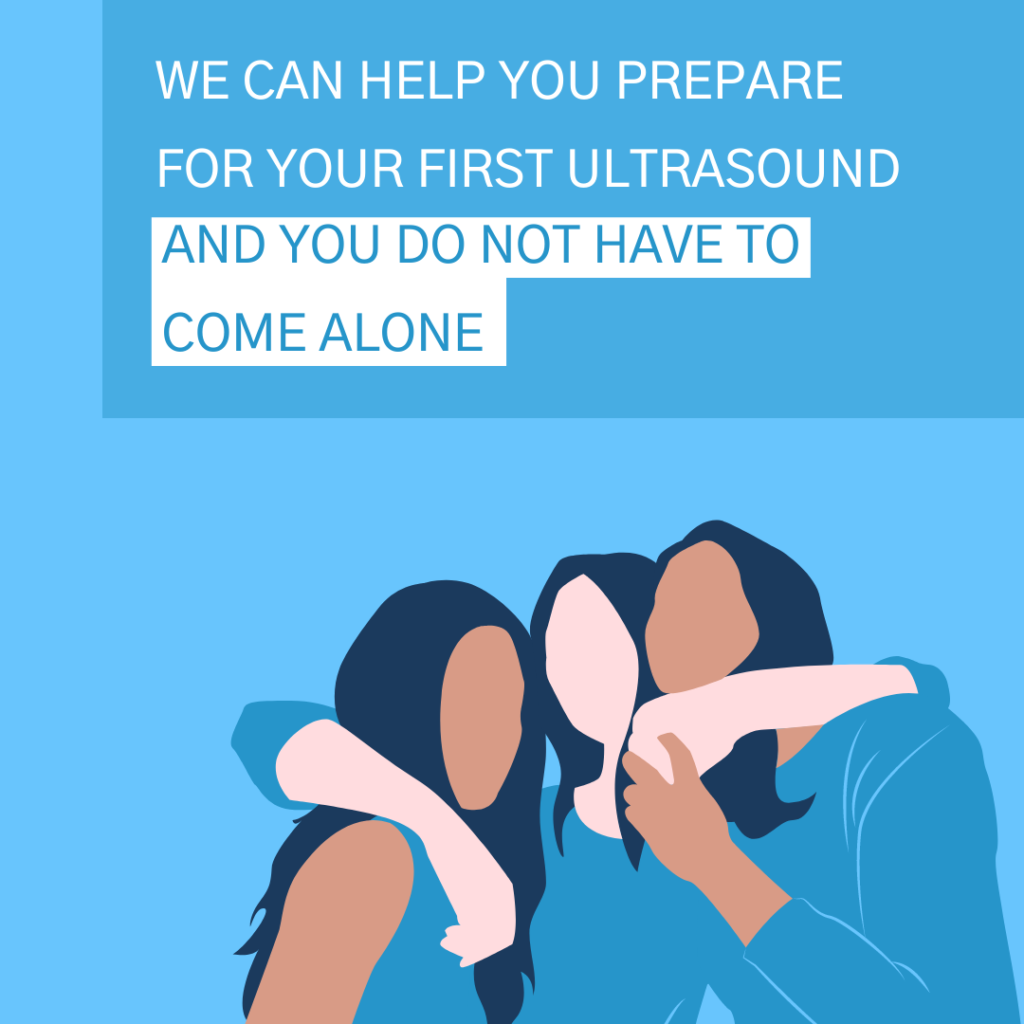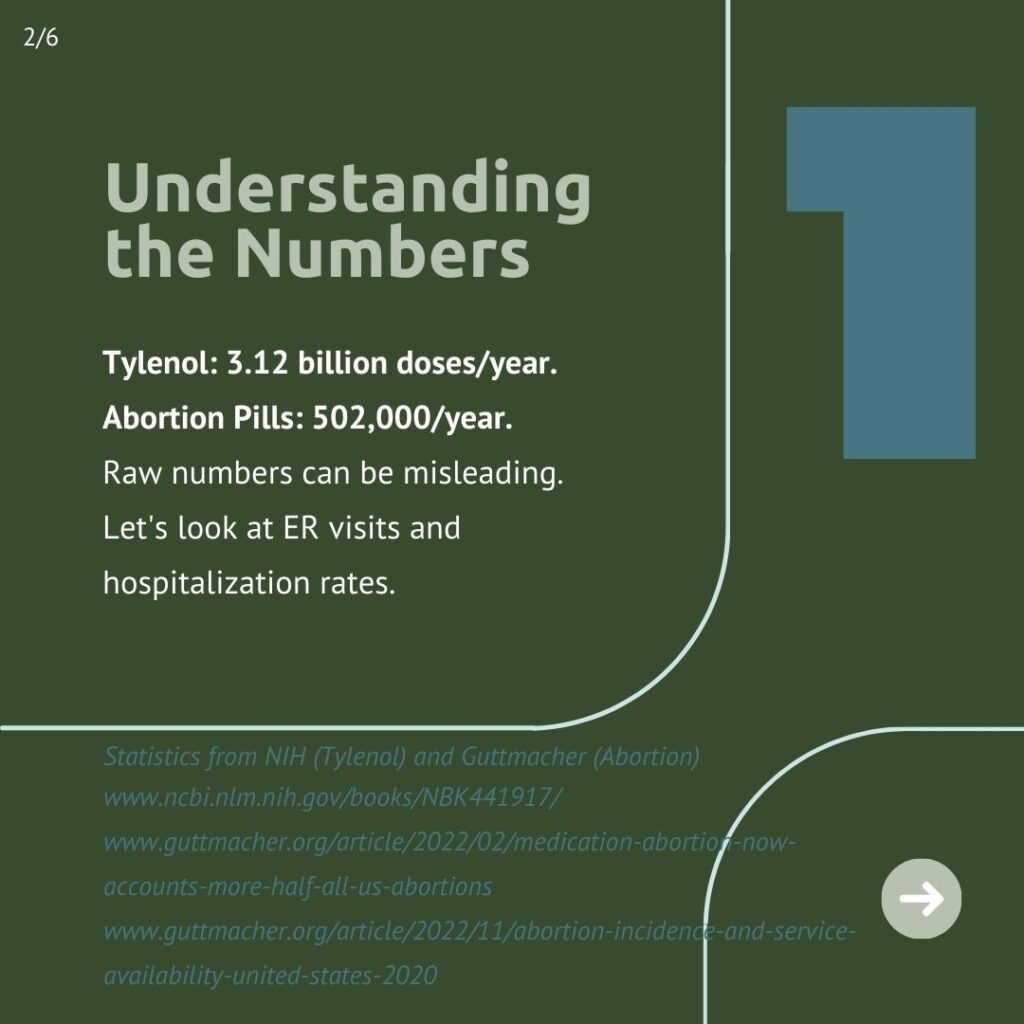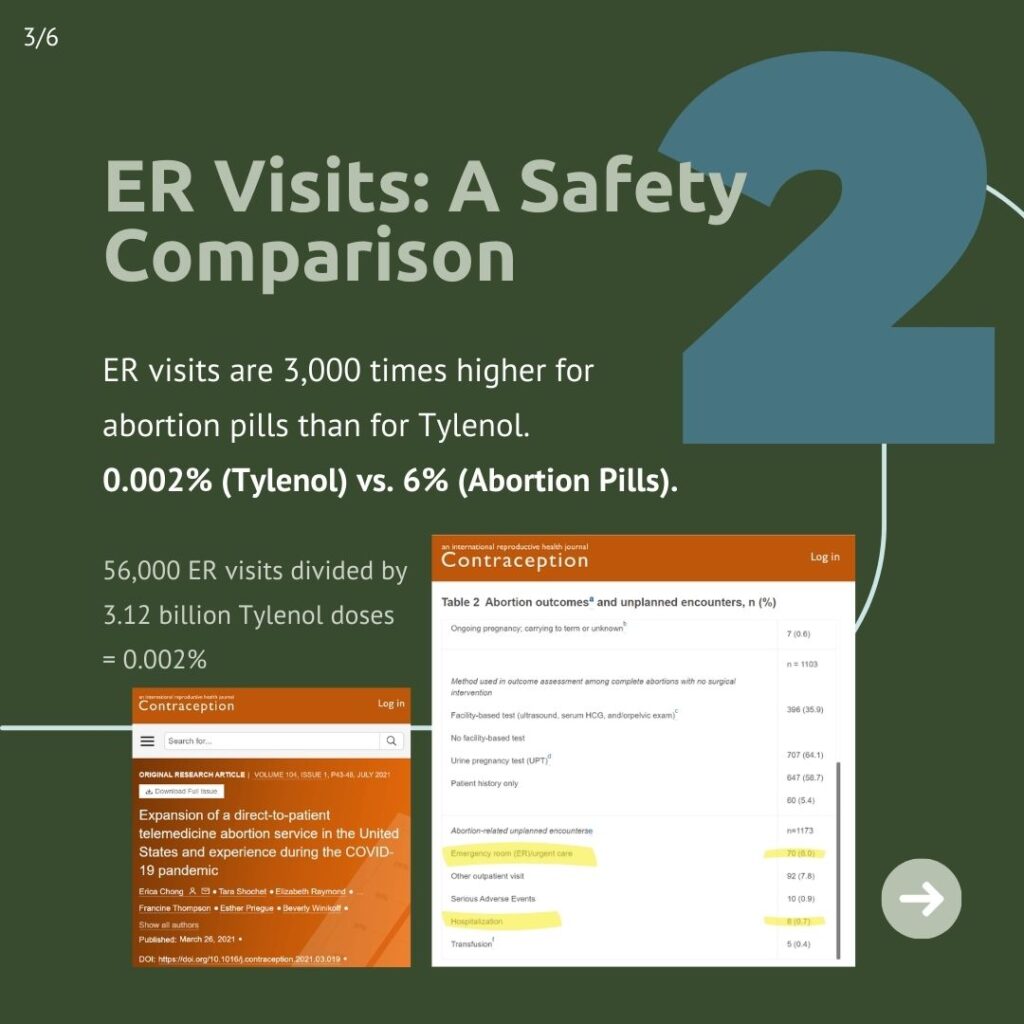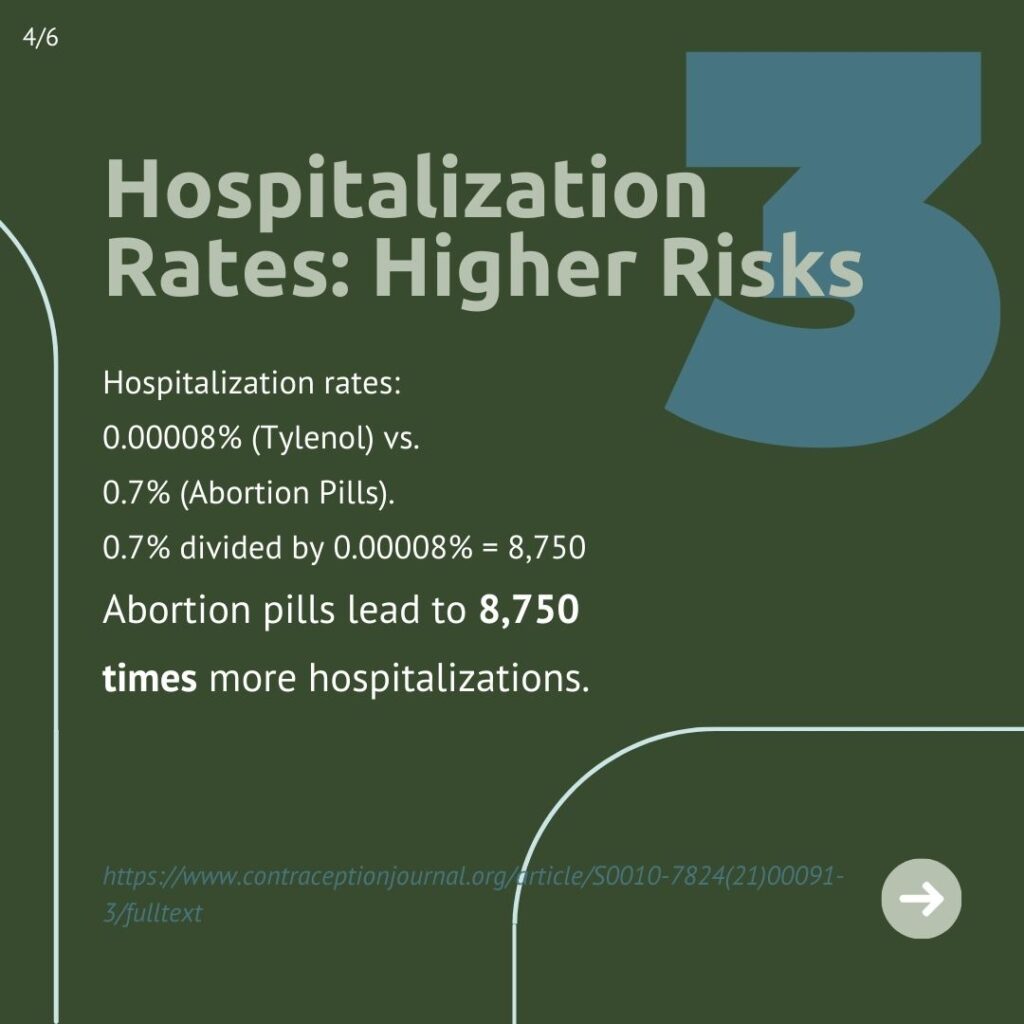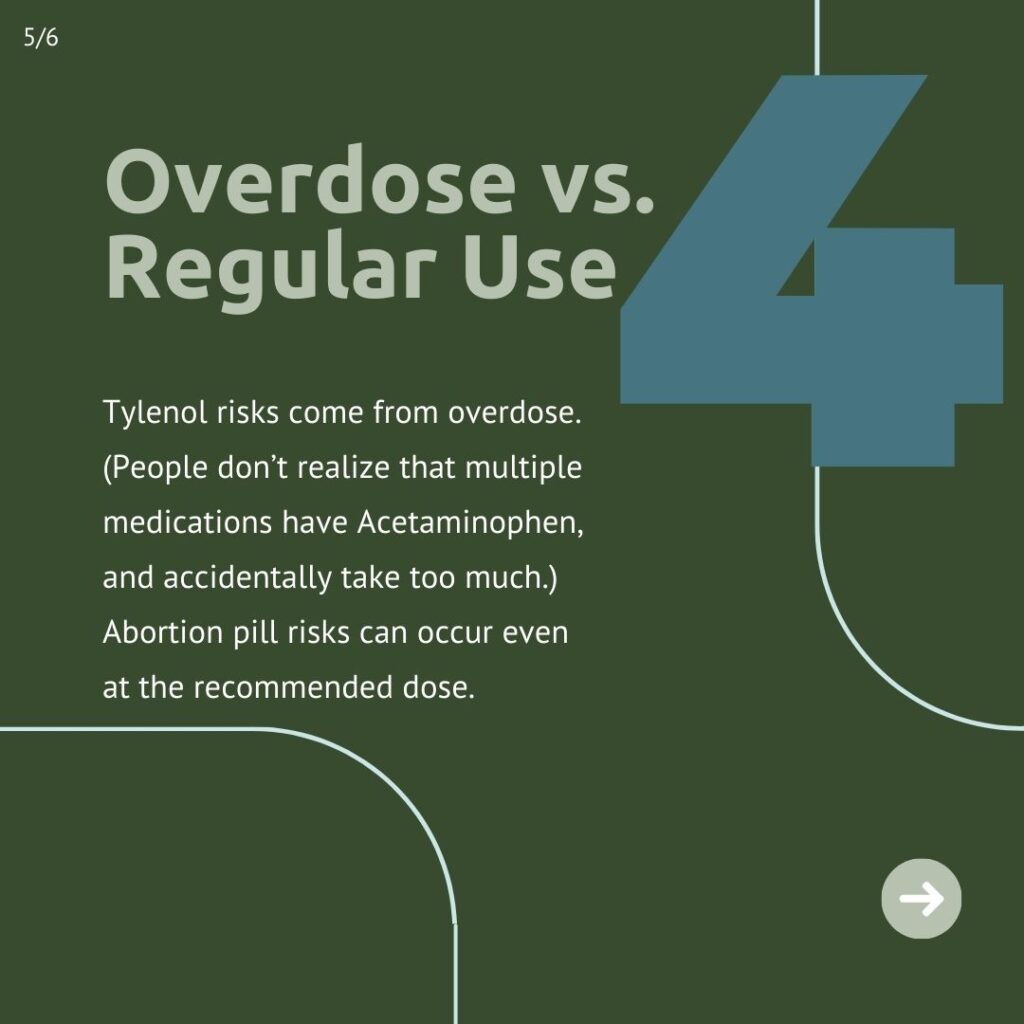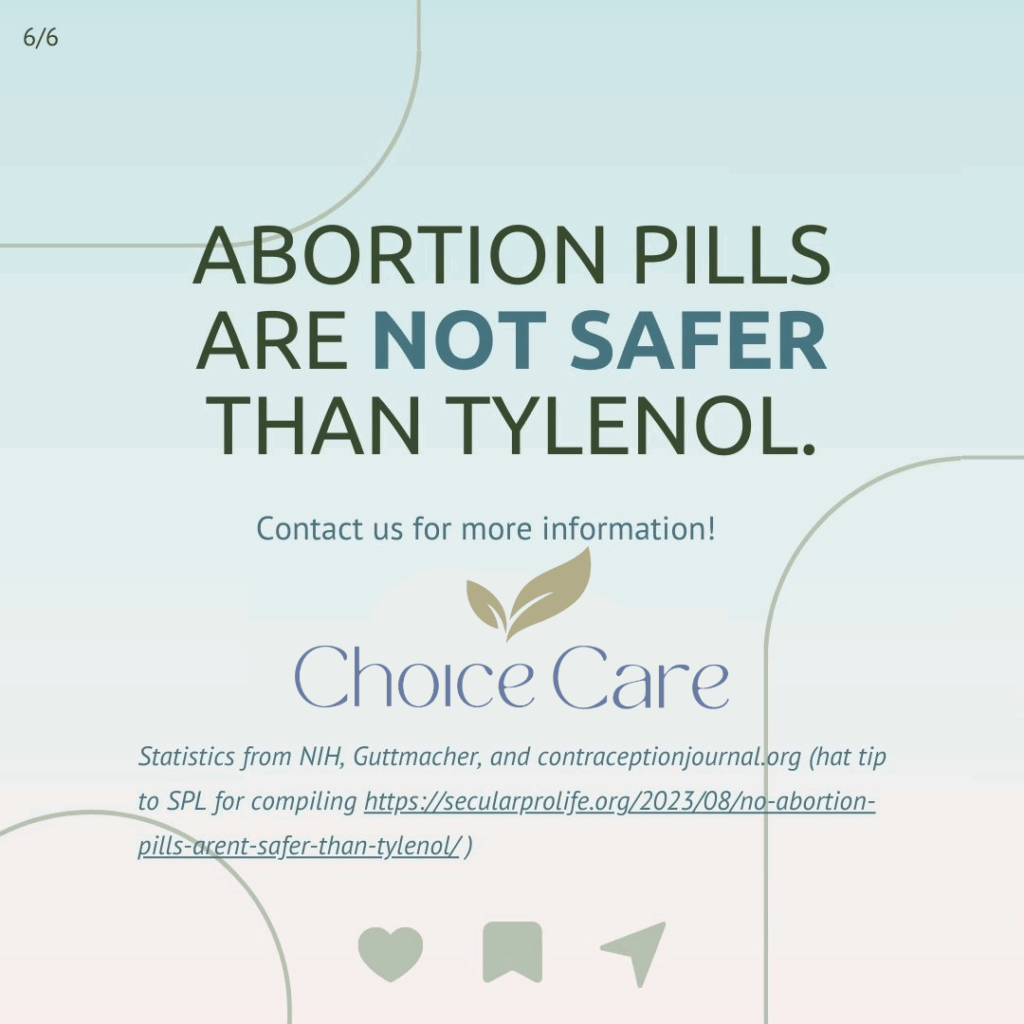Pregnancy Quiz Am I Pregnant?
If you are wondering, “Am I pregnant?” you can read the signs that your own body is already giving you.
Please take this early pregnancy quiz for help.
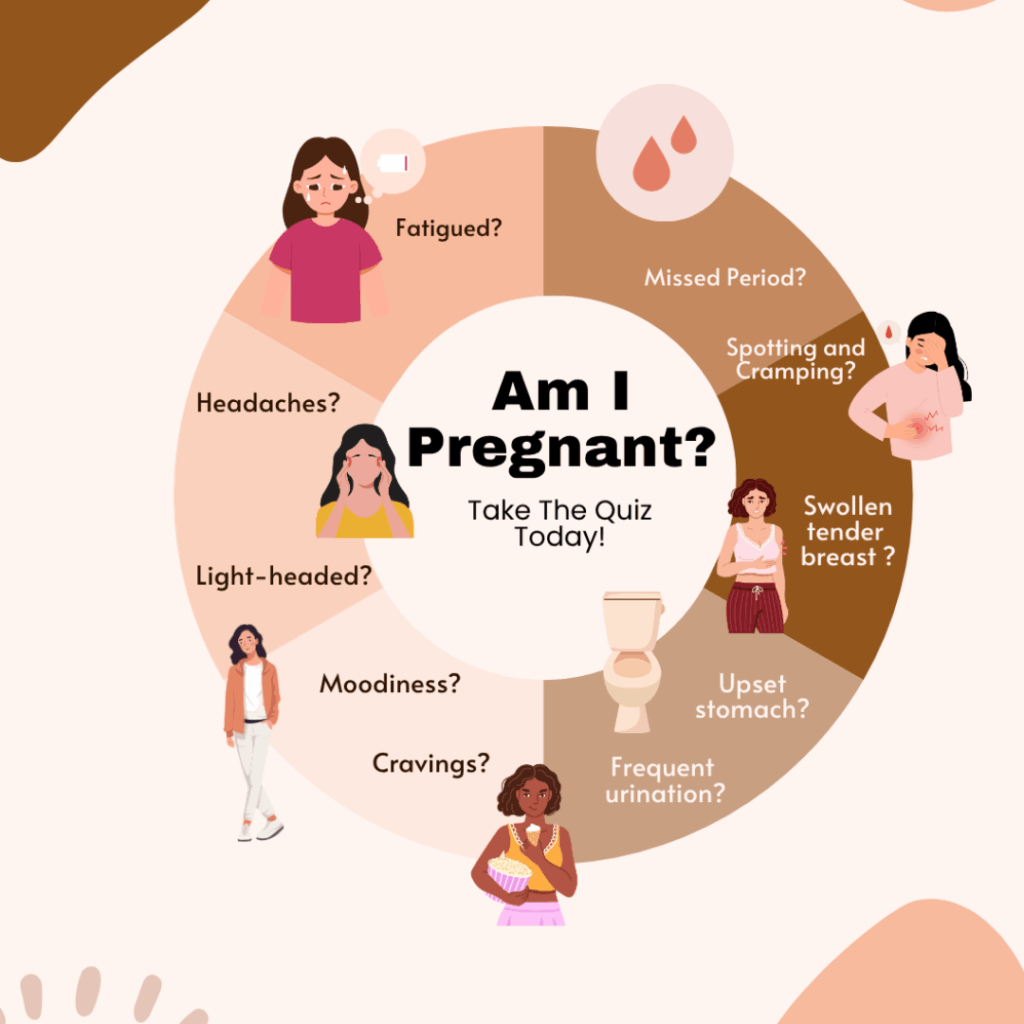

If you are currently having your period, then it is most likely that you are not pregnant. If the time that you normally have your period has passed, then you might be pregnant. According to the Mayo Clinic, a missed period is one of the most common early signs of pregnancy. “If you’re in your childbearing years and a week or more has passed without the start of an expected menstrual cycle, you might be pregnant. However, this symptom can be misleading if you have an irregular menstrual cycle.” 1

When the fertilized egg attaches to the wall of the uterus, this may cause spotting and even cramping. WebMD says this is called “implantation bleeding.” This “occurs anywhere from 6 to 12 days after the egg is fertilized. The cramps resemble menstrual cramps, so some women mistake them and the bleeding for the start of their period. The bleeding and cramps, however, are slight.” 2

The American Pregnancy Association reports that this is one of the most reported symptoms of pregnancy . “Changes to the breasts can start as early as 1 to 2 weeks after conception.” 3

Morning sickness or nausea is a common sign of pregnancy. “Not all women experience nausea, while others experience it throughout their pregnancy,” reported Medical News Today. “Nausea can begin as early as 5 weeks, with most women experiencing some level of nausea by week 8 of pregnancy.” 4

Frequent urination is common early in your pregnancy. Due to hormonal changes, the increasing size of the uterus itself and increased blood circulation to the pelvis, you may find yourself visiting the restroom more frequently. Additionally, increased hormone levels may result in constipation.

If you are pregnant, you may start to experience cravings for certain foods. This is common both early and late in pregnancy. It is also common to have an aversion to both the taste and smell of certain foods.

Feeling dizzy or light-headed, especially immediately after standing or changing your position quickly, can be a sign of pregnancy. Dizziness may be the result of a change in your blood volume and blood pressure or a deficiency in iron.

Due to hormonal changes in your body you may experience headaches.

Early in pregnancy, an increase in hormones may result in mood swings. When added to the potential stress caused by the uncertainty of pregnancy, you may feel sad, sulky or irritated.

“You may feel fatigue early and late in pregnancy,” according to the March of Dimes. “Your body may be tired because:
It’s working hard to take care of your growing baby. Your body’s making pregnancy hormones and you’re using a lot of energy, even when you sleep.
You may have trouble sleeping at night because you’re uncomfortable or you need to get up to go to the bathroom. Later in pregnancy, leg cramps may wake you up at night.“ 5
Another way to determine if you are pregnant is to take an over-the-counter pregnancy test. Home pregnancy tests claim to be 99% accurate but there is a slight chance that they can be wrong, which is called a “false-positive.” A false-positive may result if the fertilized egg is no longer attached to the uterine lining or from side affects from fertility drugs or problems with your ovaries. There is also a chance for a false-negative result. This can happen if you take the test too early, if you use the test kit incorrectly or you have diluted urine. Reading and following the directions precisely will reduce the possibility of this happening. Choice Care will give you a free and confidential clinical grade pregnancy test with more accuracy.
Thank you for taking this quiz. We hope that it has helped you and given you some of the information for which you are looking. If you would like more information, contact: Choice Care

